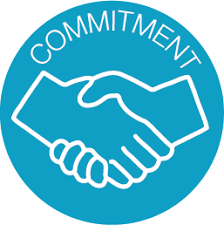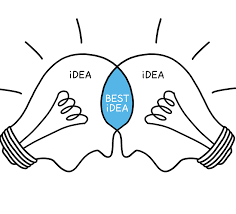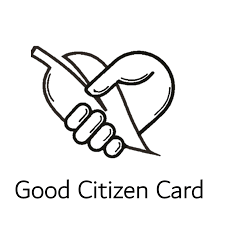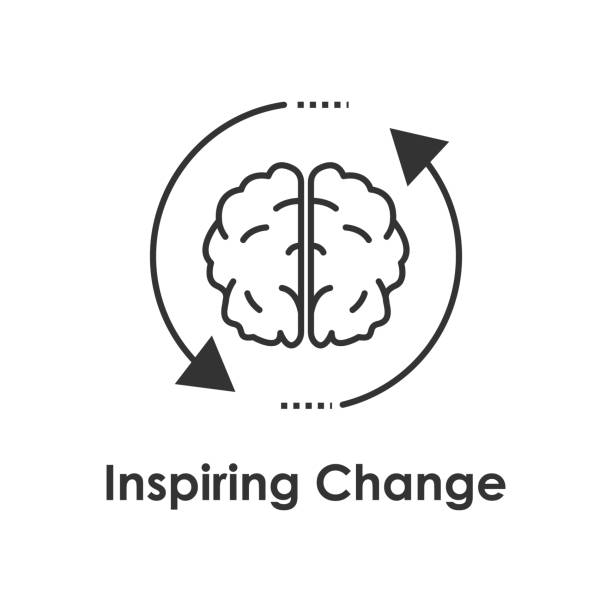
The Individual
Commitment is the investment of time, energy, and passion towards an action, and in order to create meaningful positive social change, follow-through and commitment is needed. As a child, my parents stressed the important to committing to a project and seeing it through until its completion, but I always found difficulty remaining focused on task, as I always wanted to try something new. As I got older and service became a larger part of my life, all of that changed. This was very significant in my personal growth, as I realized that I was not only committing myself to the project, but I was committing myself to other people. My peers, leaders, and those we were helping all relied on me for some part of the action. This allowed to work my hardest and deliver my best work at all times. I have applied this insight already through my experiences that first began abroad last semester. While studying abroad in Switzerland in Fall 2018, we had a fundraiser to help one of the NGO’s we would later be helping for the month of November. While we raised a sizeable amount of money, it was not given all of our energy and passion. In November, we were split into five groups with my group spending time in Ethiopia, and the remainder of the groups spending time in Rwanda. In Ethiopia we got to interact with community gatekeepers, various organizations, and the children we taught. After spending a month learning about their way of life, I became deeply connected with the people and wanted to do as much as I could to help. When we returned to Blacksburg in the spring, I joined the Linking Lives club, which serves an extension of the work we did abroad. We continued to raise money and awareness throughout the spring, and I have continued the work throughout this semester as well as one of the club’s co-presidents.

The Group
Collaboration is the idea of multiplying a group’s effort by collectively capitalizing on the strengths and skills of each individual member and the diversity of the relationships as well as each individual’s experiences under the assumption that each individual is working towards a common purpose, and more importantly, the greater good. This skill is extremely important and only increases in value as our world becomes increasingly globalized. On the smaller scale I am able to implement and appreciate the importance of valuing everyone’s opinions in a group project. Last semester, in LDRS 1014, we had a semester-long group project in which we had discussions on our group project and worked a video to promote college to fifth grade students. Each member of my group had a different major and different background, so we each had a unique perspective on what aspect of college to promote and how to make the presentation. For example, I am a hokie ambassador and fairly involved on campus, so I was able to help provide facts and statistics and information on student life. Another team member had video editing experience, so he was able to compile each of our slides and sound recordings to create the video. This represents a single incidence of effective cooperation in a group project, as my collegiate experience has consisted of many group projects every semester, I have been at Virginia Tech. This skill of collaboration directly correlates to post-graduation life. In many jobs in today’s world, we will have to work with other people that come from backgrounds whether it be education, nationality, work history, or personality traits that are vastly different from our own. By being able to capitalize on these differences, we will then be able to create a more efficient environment and create a better final result overall.

The Community
Citizenship is the connections individuals form when actively engaged in their community and society by working to help others through service, care, being responsible for those around you as well as general involvement. By being a responsible and active member of the community, individuals are then able to identify causes to social issues that are causing the most harm, and work towards creating solutions. I have learned this value throughout my life, starting in Elementary school when we learned what it meant to be an active citizen and why it is important to carry out those values throughout life. As a psychology and political science student, I have a deeper understanding of why citizenship is crucial for society. On a psychological level, as a community we need to help those struggling whether it be with mental illness or learning disabilities and work to raise awareness of difficulties that certain members of our community face as well as work towards changing the conditions to help benefit members of community that can be neglected. On the political science side, the most straightforward example is the power all citizens have to vote. Through voting we are able to advocate for policies and remove ones that no longer reflect the society we live in. It demonstrates that we care about the community we live in and want to see positive change. I will apply this insight into my life through both small and larger actions. In a smaller sense, I strive to be educated and aware of the candidates and their issues for local, state, and federal elections. Additionally I am involved in service through doing local philanthropy fundraising, and also raising money and awareness for organizations based abroad. In the future, I hope to be a lawyer, and work to help others in every part of my professional life.

By working through and making improvements on individual values, group values, and community values such as the ones listed above, the final result is change. Change is the ultimate goal of the Social Change Model and exists to give meaning and reason to all other aspects of the model. One situation that has allowed me to better understand the value of change was my first-year experience course as undecided student. At the time, I was extremely stressed about not only not knowing what I wanted to do after graduation, but more pertinent at time how I wanted my four years to be defined. As a first-generation college student, college was always the goal, and while I had aspirations, I had nothing definitive that I wanted other than receiving a degree. In the course, I focused on my strengths, my passions, and the impact I wanted to make. I realized that change and ambiguity were not inherently bad, and in fact is one my strengths as I am adaptable. Learning the value of change is extremely important as it needs to be fostered and promoted and can be a great catalyst for progress in society. In a historical context, there were many changes to our country that helped us progress such as the expansion of the right to vote for African Americans and for women. I will apply the insight in my future as I plan to combine psychology and political science through human rights work. I want to help create sustainable social change around the world and at home. Change does not mean only large policy alterations, but improvements in any form even if it only helps one person. One of my favorite quotes is that “I cannot change the world, but I can change the world of one person.”